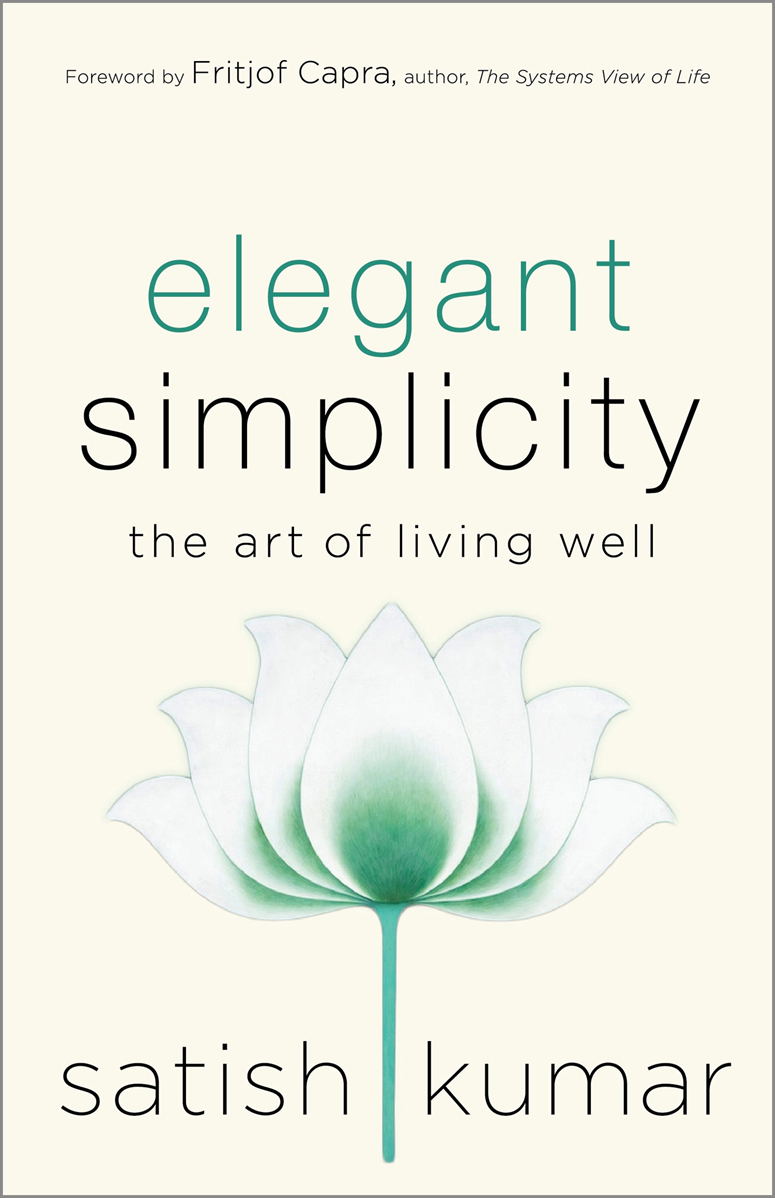5Valuable Business Lessons Inspired by Ancient Japanese Philosophy

The five oldest companies in the world still operating today were founded in Japan over 1,000 years ago. In this article, we will explore the secrets behind building lasting companies and the valuable business lessons that Japanese work culture has taught us.
Japan is home to more than 33,000 companies that have been operating for at least a century, accounting for 40% of the world's total. Every year, more than 1,000 companies celebrate their centenary. This is why it is so important to delve into the valuable business lessons that the Japanese have to offer.
There is even a Japanese term for companies that have existed for more than a century, retained ownership within the same family, and continued to operate in the same industry.
They are known as " Shinise " companies.
?So what is the secret behind building lasting brands and companies
?And what are the most valuable business lessons we can learn from them
Well, if you're looking to build a business that will stand the test of time like we at Audiolapi will, then join us in exploring valuable business lessons from ancient Japan!
If you don't feel like reading, you can listen to this article on the Audiolaby app for articles and audiobook summaries, go to Audiolaby.com and download your support friend.
5Valuable Business Lessons Inspired by Ancient Japanese Philosophy
Lesson 1 - Focus on long-term success

If we had to use just one word to describe Japanese companies, it would be “sustainable.”
Most people would agree that sustainable growth means meeting the needs of today without compromising the needs of tomorrow. The idea here is that sustainability doesn't magically happen overnight. Rather, it is the cumulative work of many generations working together.
Shinise companies have been around for a long time because they value two things: longevity and tradition.
Most of the time, the CEO of a Japanese company remains in office for two to four years. In this short time, his job is to meet shareholder expectations.
But Chinese companies do not list their shares in the public market. Similar to this, the secret lies in how they run their business.
The valuable trading lesson here is that short-term profits are not the ultimate goal when you plan to survive for more than 100 years.
They also make sure you don't get off track. They are always looking for a balance between new ideas and old ways of doing things.
All Japanese business owners agree that making money is important for survival. But they are not trying to make as much money as possible at the moment.
The main thing that Japanese business owners want is to keep their business going. They do this by establishing long-term connections with both customers and employees.
The Japanese phrase "hosoku nagaku" which means "thin and tall" says it all about this way of thinking.
The idea here is that stability over time is more important than change in the short term.
If you want to stay around for the long haul, it is important to say that you should not try to make the most money in the short term.
It is necessary to establish a relationship with customers and stay in touch with them as long as possible.
This means making products that are high quality and last. And that is by asking for customer feedback periodically, and from us here they can continue to improve their services.
Such companies want to survive not only for the sake of their families and employees but also for the sake of their customers, who they expect to be around for generations to come.
The extraordinary longevity of Japanese companies seems to indicate one thing:
Owners have a much longer time horizon as well as patience. This is less common among American and Western entrepreneurs in general.
Moreover, shareholders are not always seen as the core component of Japanese companies. Instead, it is what customers are treated as a priority.
This is beautifully reflected in a popular Japanese saying: Ok-yak-u-sama wa kam-i-sama desu. This means that customers are gods.
But it is not limited to this only. Sustainability and long-term success also relate to the following business lesson.
Lesson 2 - Tradition is more important than profits

Some Japanese companies have been around for a long time because their owners know one very important thing:
In a changing business environment where traditional values and practices are being abandoned, what matters is how important it is to maintain a good reputation in the city where Japanese companies do business.
These companies remained leaders in their fields. Even more impressively, they did so when Japan was at its worst economically and socially, and big global corporations posed an even greater threat.
They have a high social status because they put tradition above making money. Yes, they make and sell Japanese traditional crafts. But they also endorse and teach the values of the local area.
Chinese companies are keepers of local traditions. And if you want to stay around for the long haul, that's a valuable business lesson.
People in Japan love their traditions, which gives these companies a strong foothold in the region.
Shinise companies play an important role wherever they are located. There are many companies in Chinese that care about the community, in addition to the quality of services and products provided to the same community.
Lesson 3 - Quality is more important than quantity

Companies are under increasing pressure from customers in the United States and around the world to improve. This means that they need to be more open about how they run their business.
People are getting more and more annoyed because they have to buy new things every few years. This is particularly true in the consumer technology industry.
Most products today are made beyond repair and are made to wear out over time. Because of this, people want to know how to fix the things they buy.
Also for this reason, it is not surprising that Kintsugi has become more popular in the West. Kintsugi is the art of repairing broken pottery and giving it new life.
As the days go by, more and more people are discovering how bad it is to buy things quickly and cheaply. Businesses and customers are starting to wonder if this is the right way to do things.
Using this method, it's safe to say that the "shop culture" makes us less likely to respect and value the products of today.
"Quality over quantity" is a philosophy that emphasizes doing things right and paying close attention to detail.
Japanese companies believe that they must go the extra mile to ensure that their products and services are of the highest quality. They believe this will create loyal customers who will buy their products instead of competitors' products.
This strategy is based on the idea that making good products is a good way to get customers to stay with you. Therefore, customers are willing to pay more and continue to do business with the company for years to come.
Japanese companies pay great attention to every little detail. Whether it is the way they make their products, the quality of the materials they use, or how they treat their customers.
This attention to detail comes from wanting to get everything right. This means making products that are not only useful but also beautiful and fun to use.
Quality is more important to Japanese companies than quantity as it helps them build long-term trust with their customers.
Leçon 4 - Prioritize elegant simplicity

Shibui is a traditional Japanese style that emphasizes simple, elegant, and understated beauty. It is a way of thinking that means peace, balance and harmony.
Shibui is a business term that speaks to a company's design, branding, and overall customer experience.
When it comes to design, shibui means to create something simple yet elegant using natural materials and seamless designs. Companies in Japan try to ensure that their products look beautiful and work effectively. So, their products are both beautiful and useful.
Shibui is an essential part of the company's logo, packaging, and marketing. The brand should be simple and elegant, with an emphasis on quality and ease of use.
This gives the customer a sense of confidence and dependability.
This is a valuable business lesson because building trust and reliability is far from easy.
Shibui is a Japanese word meaning "customer experience". It means how a business treats its customers. In this way, Japanese companies try to ensure that the workplace is calm and productive.
Customer service is friendly, fast and doesn't bother you. This makes you feel at peace and at ease. They achieve this by balancing beauty, elegance, and efficiency.
Leçon 5 - The design should provide a unique experience in itself

In Japan, there is a beautiful saying called "mono no aware" that shows how much people appreciate beautiful moments that only last for a short time.
This idea is found in many parts of Japanese culture, including their products, which are not only useful but also beautiful in appearance.
A great example of how this philosophy works in real life is Furoshiki , a traditional Japanese wrapping cloth. Fine materials are used to make these fabrics, which they use to wrap gifts or to hold things.
By folding Furoshiki into a specific shape, you can make a beautiful piece of art that you can use over and over again.
But this love of beauty is not limited to traditional things only. Which is why this business lesson is so valuable.
The mono no aware philosophy can be used to design even modern products. Take, for example, a suitcase.
With good craftsmanship and design, even a simple bag can look like a luxury piece.
Japanese companies understand that even the smallest detail can make a huge difference in quality. Accordingly, they hold themselves to high standards when it comes to work.
This requires a strong commitment to excellence, willingness to go the extra mile, and a deep appreciation for beauty and elegance, and is an experience in itself.
Final thoughts
The longevity and success of Shinise companies is the embodiment of the following ideas:
Focus on sustainability
Traditions most important profits
Quality is more important than quantity
There are many things history can teach us. And while the Japanese certainly know what they're doing, we recommend broadening your vision to other regions and cultures as well.
Also, there is another great value resource that we recommend that you try.
It is actually an audiolaby app. Audiolaby is indispensable for long-term cognitive benefit.
Source: websites

